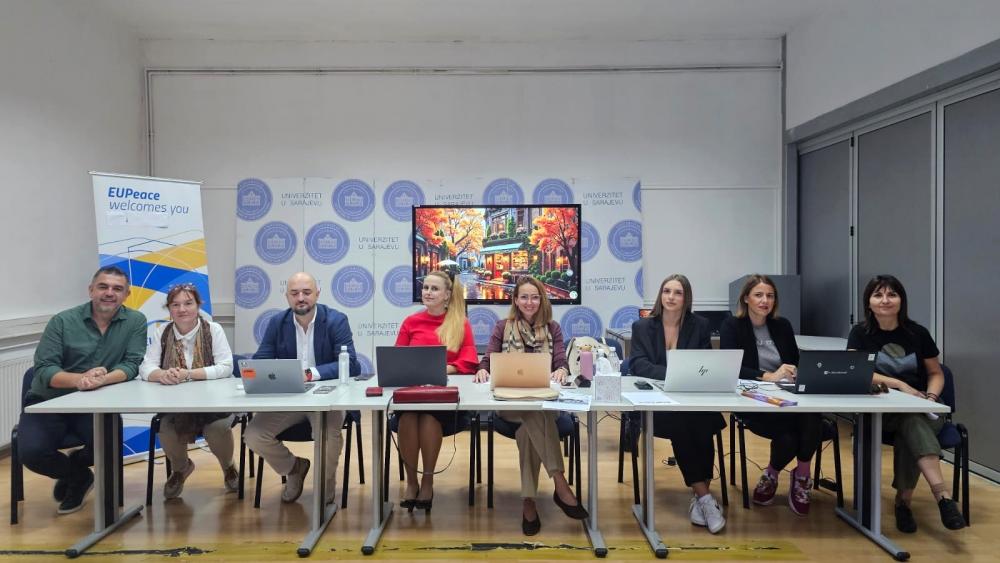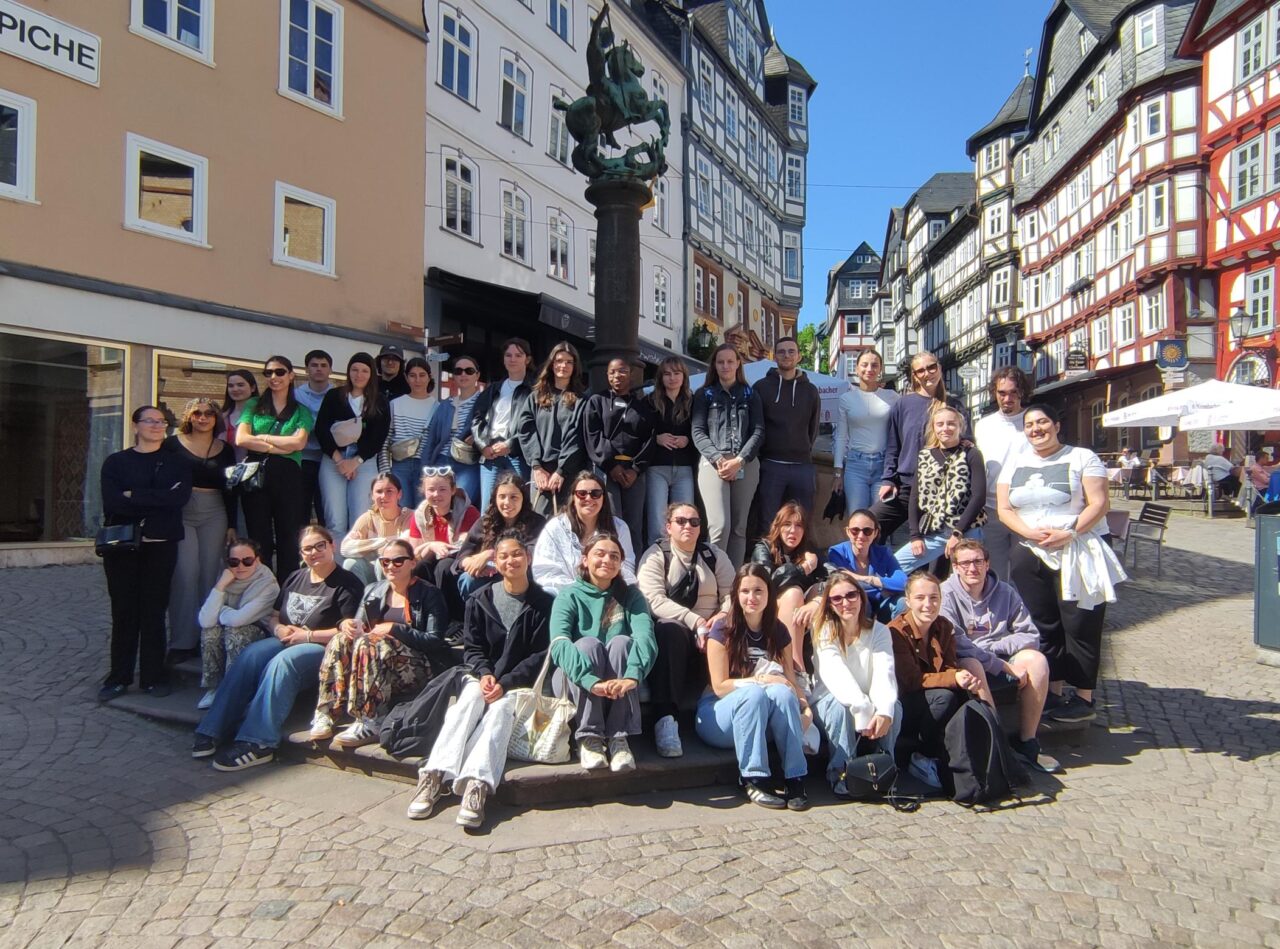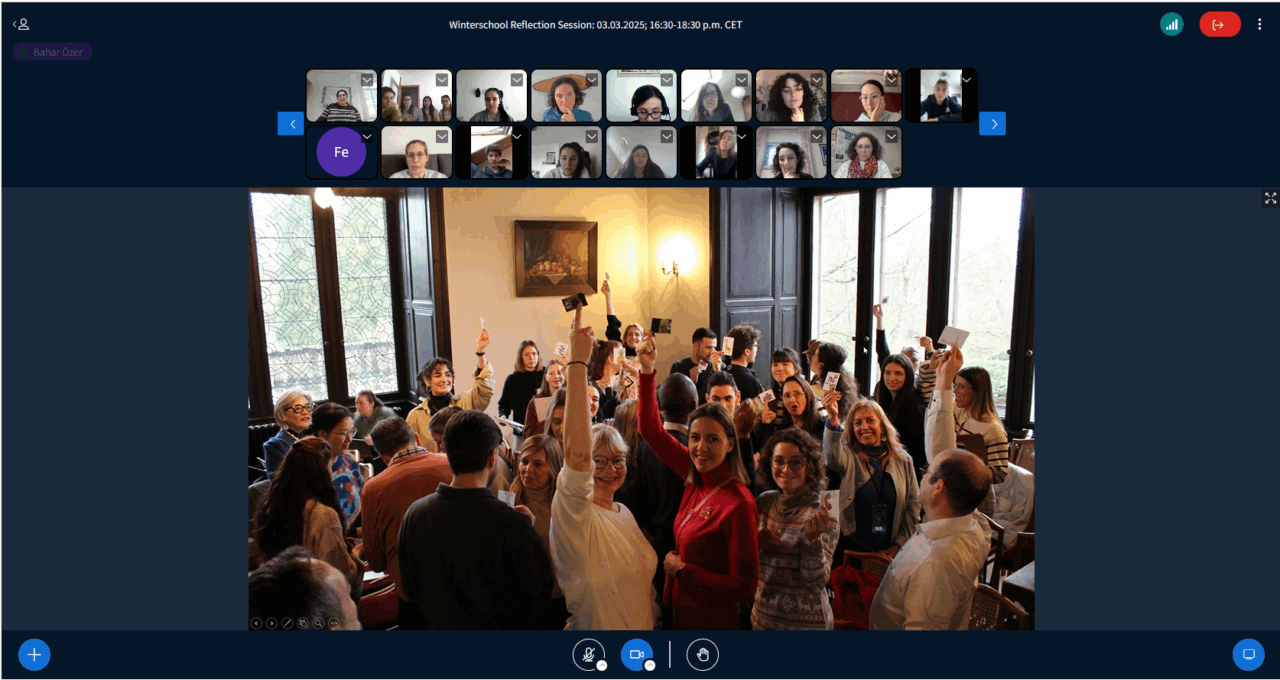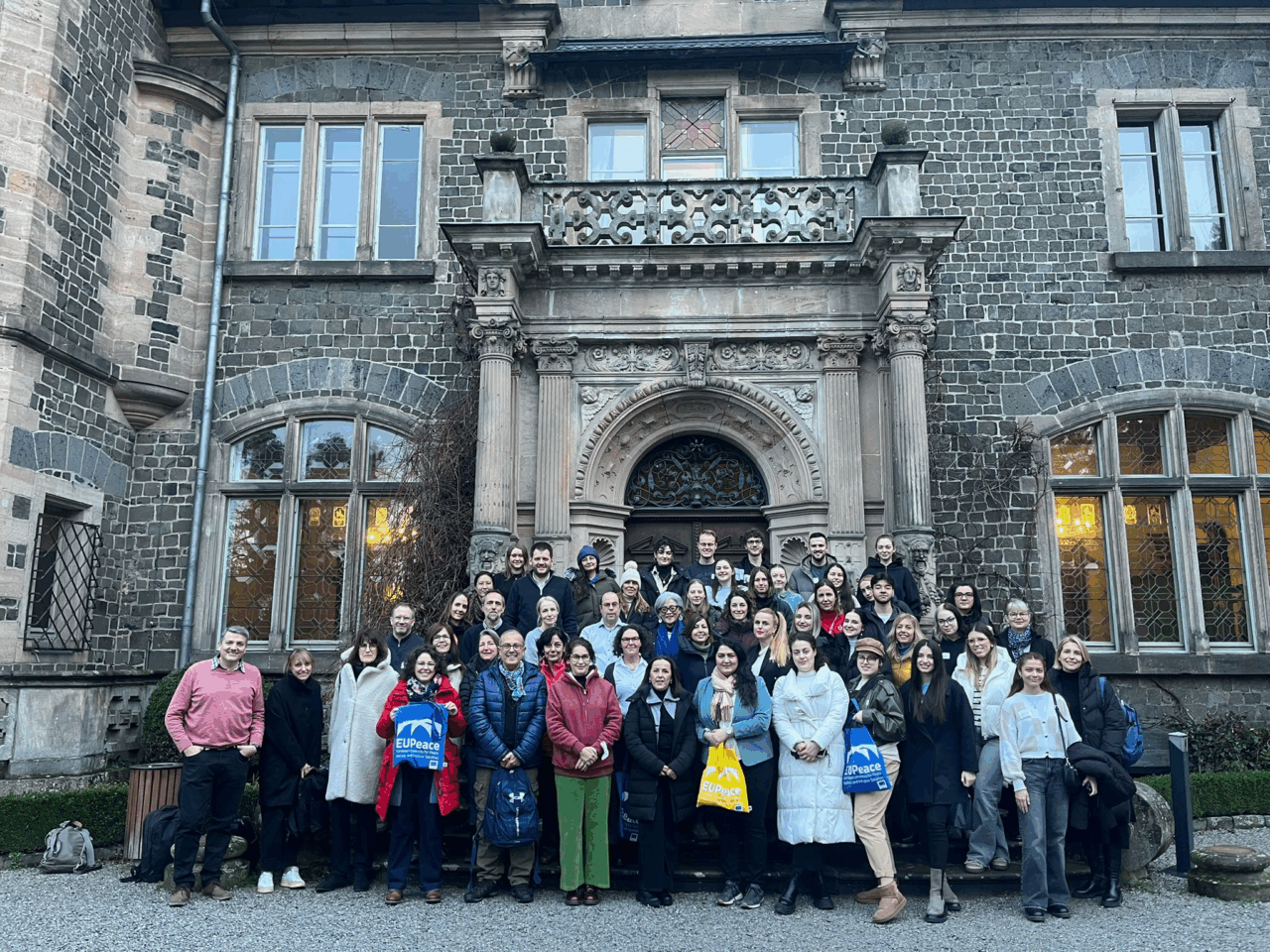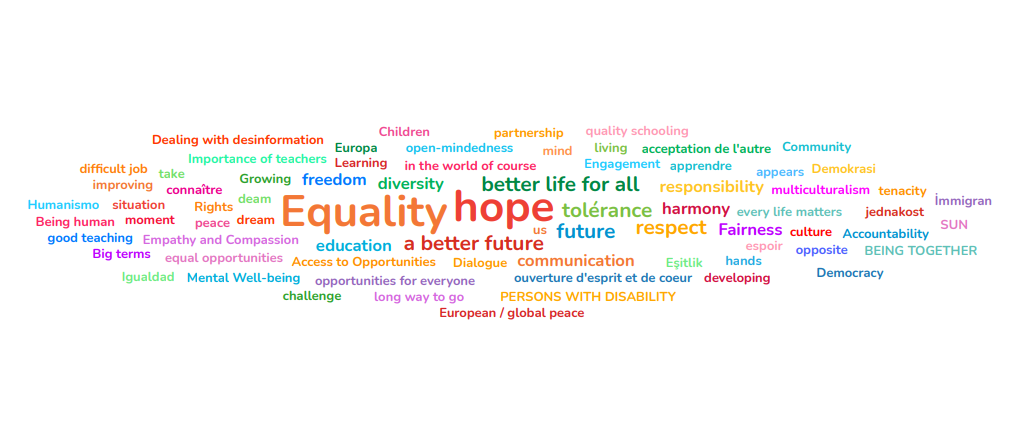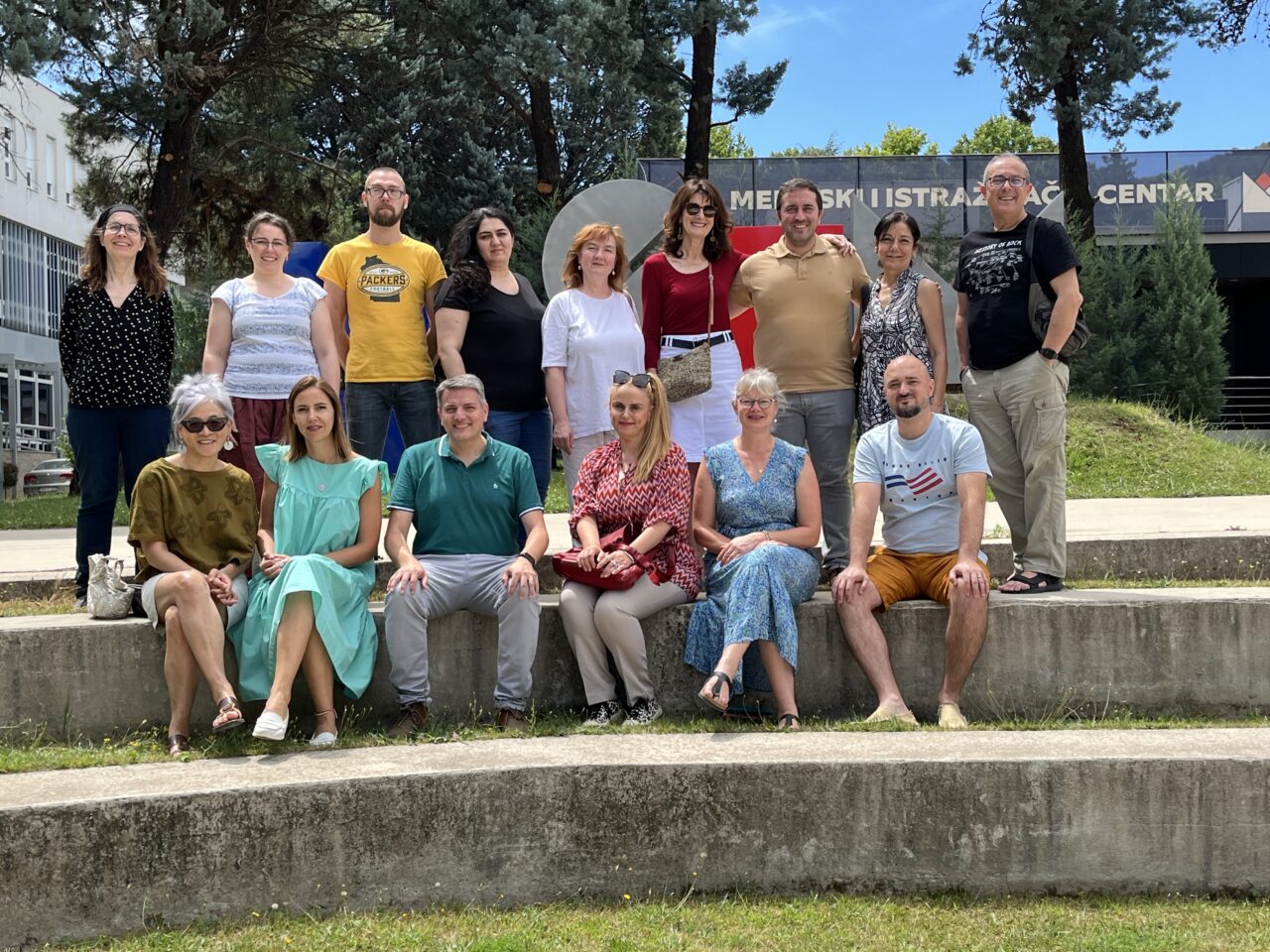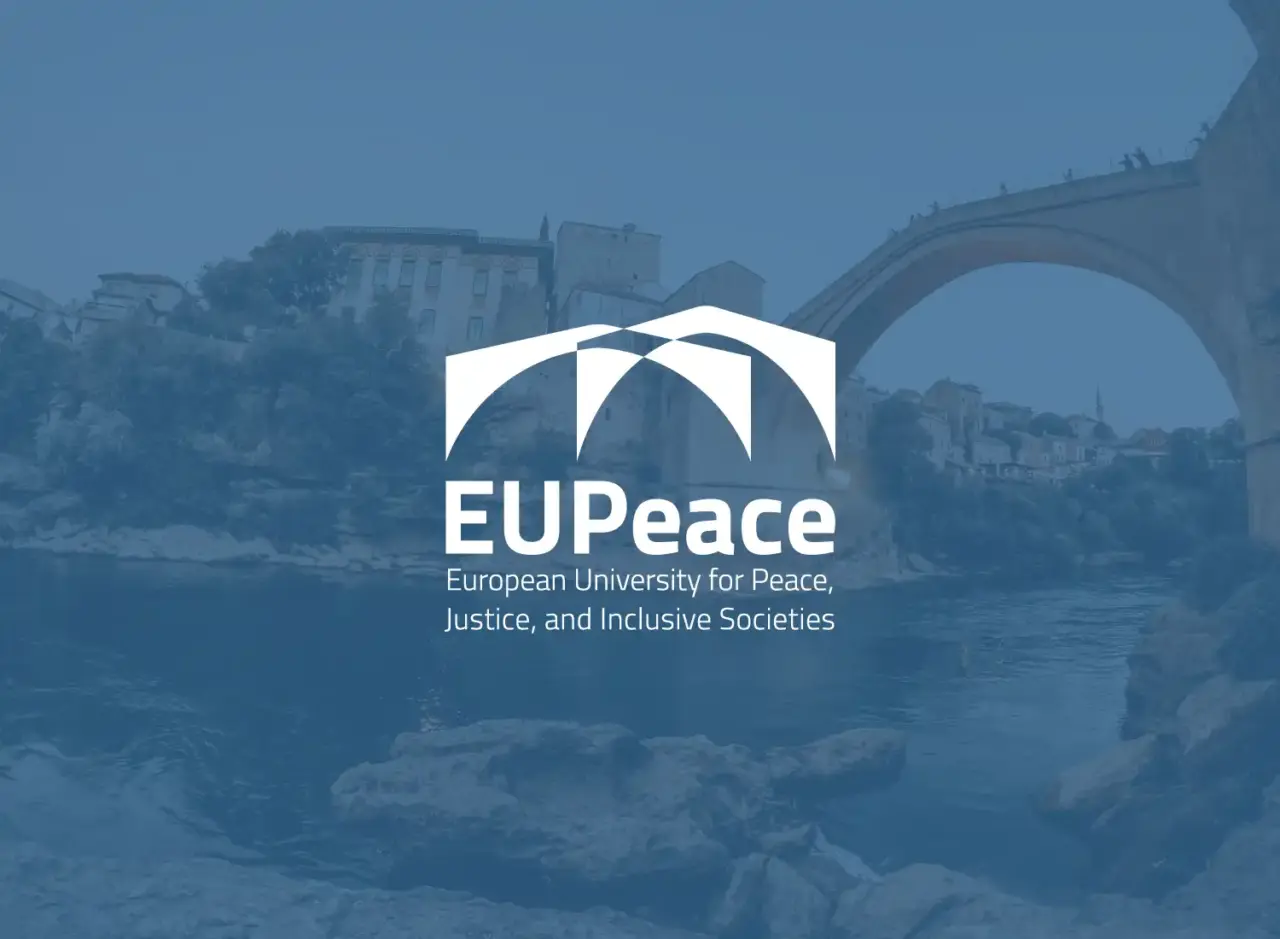A key path for EUPeace to create long-lasting impact lies in strengthening the training of primary and secondary school teachers. While teacher education remains deeply embedded in national frameworks, the Alliance is working to open it to a European scale—and potentially beyond—bringing benefits that cascade to classrooms across Europe. By internationalising teacher training, EUPeace equips future and practising teachers with the skills, mobility, and intercultural competences needed to foster peace, justice, and inclusion in schools.
This flagship action pursues four main objectives. First, it aims to increase international mobility, which remains limited in teacher education due to heavy regulation. Second, it works to enhance the attractiveness and professionalisation of teaching, combining curricular and extracurricular measures for student teachers with on-the-job training for in-service teachers, especially around democratic culture in Europe. Third, it develops international and intercultural skills so that teachers can prepare pupils for active, diversity-friendly, and democracy-conscious participation in society. Fourth, it places inclusion at the core of teacher education, not as an abstract principle but as a daily practice in classrooms, where all children—whatever their strengths and challenges—can participate fully.
To achieve this, EUPeace integrates targeted subject matter into curricula, provides internships abroad through its school network, and expands flexible mobility options—physical, blended, and virtual—for teacher training students. With all member universities engaged in teacher education, the exchange of practices and models across different European societies creates shared benefits. The initiative is guided by the Council of Europe’s Reference Framework of Competences for Democratic Culture, emphasising intercultural dialogue as the foundation of democratic life in diverse societies.
Contact





